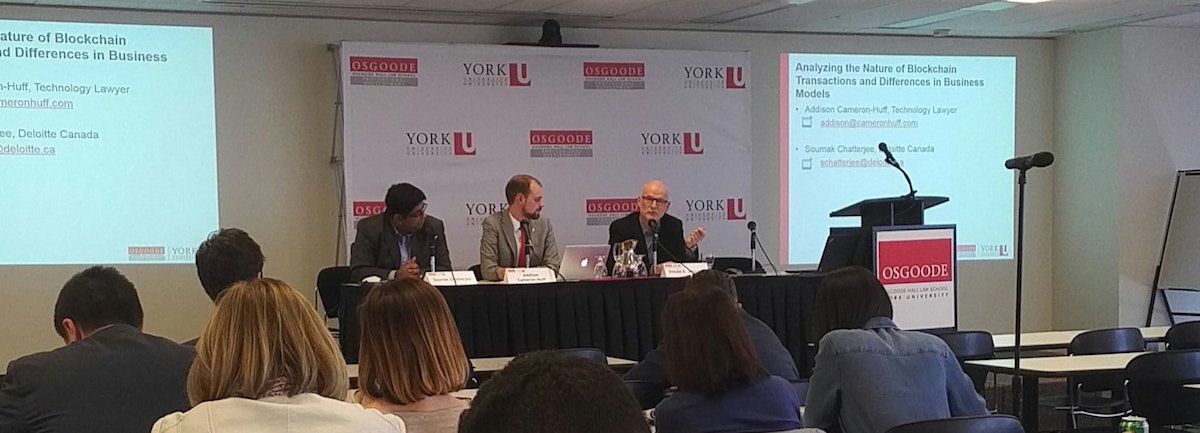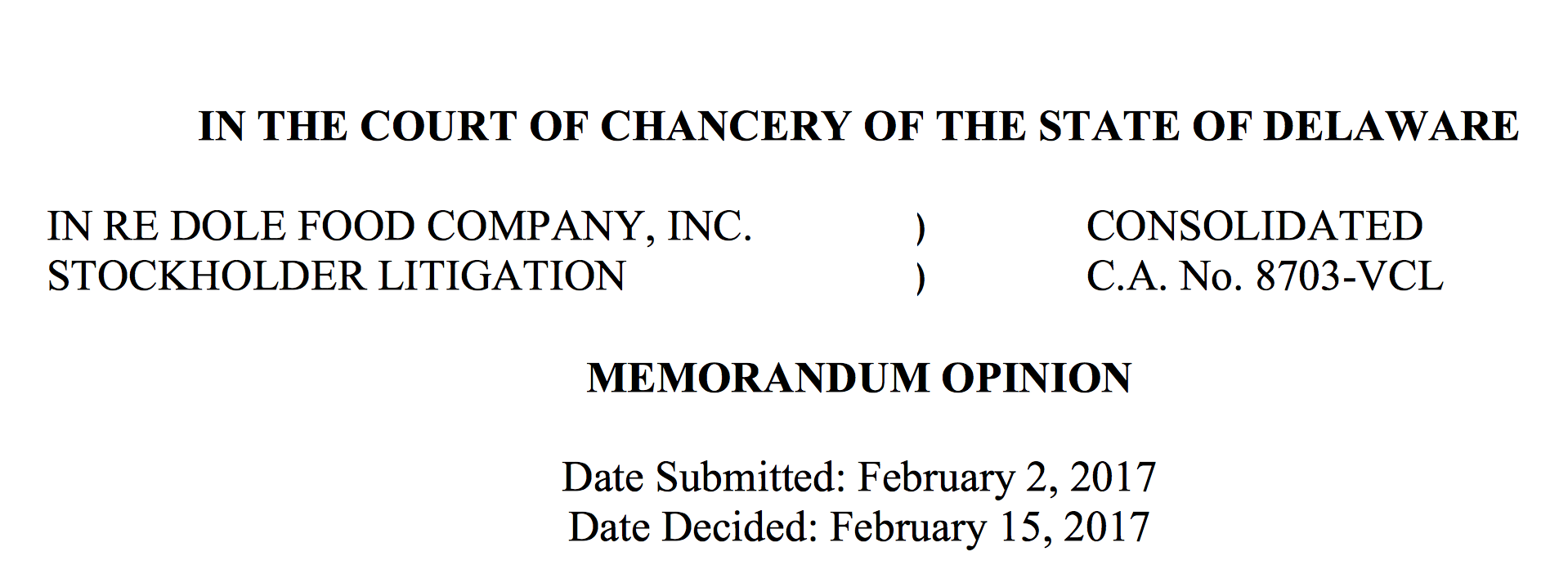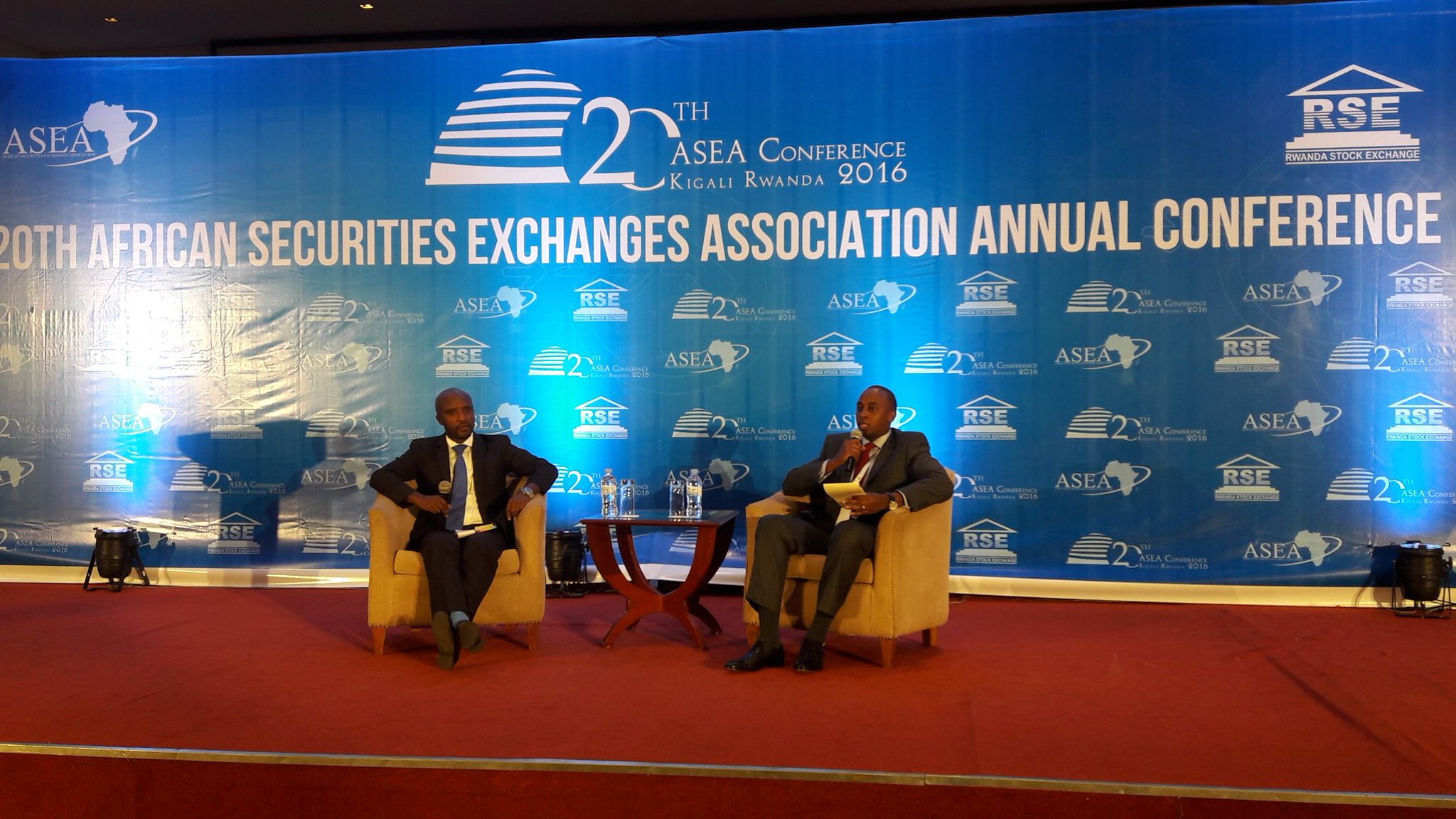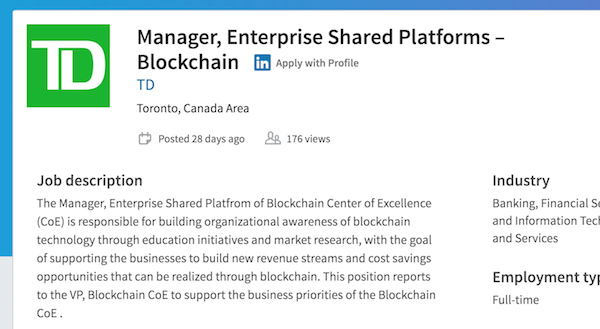I've started a new law practice that's 100% dedicated to serving the blockchain/crypto market. The launch was been covered on Friday by Bitcoin Magazine: https://bitcoinmagazine.com/articles/canadas-first-all-crypto-legal-firm-opens-its-doors-to-global-clientele/. The firm was officially opened on the 10th anniversary of the Bitcoin genesis block, January 3rd, 2019. I'm excited to be able to work full-time in this industry as cryptocurrency enters its second decade.
From 2013-2017 I ran a technology law practice that slowly transformed into a cryptocurrency-focused law practice. The law practice was very successful, serving around 150 clients, primarily located in Ontario. But it was a bit too busy. In the fall of 2018 I was faced with the choice of either expanding my practice (i.e. hiring associates or adding partners), joining a larger firm, or doing something more radical. Around this time one of my key clients, Ethereum co-founder Anthony Di Iorio, expressed an interest in having me change my role from outside counsel to inside counsel. In 2017 Anthony made me an offer to join Decentral Inc., his main corporation, as its Chief Legal Officer. Within two months I was promoted to President and took on a general management role.



 The Delaware Court of Chancery (leading corporate law court in the US) ruled on Wednesday in a case that involved miscounting of shares as part of a buyout of Dole. In a footnote the court notes that blockchain technology would be a good solution to one of the key issues in the case:
The Delaware Court of Chancery (leading corporate law court in the US) ruled on Wednesday in a case that involved miscounting of shares as part of a buyout of Dole. In a footnote the court notes that blockchain technology would be a good solution to one of the key issues in the case:

